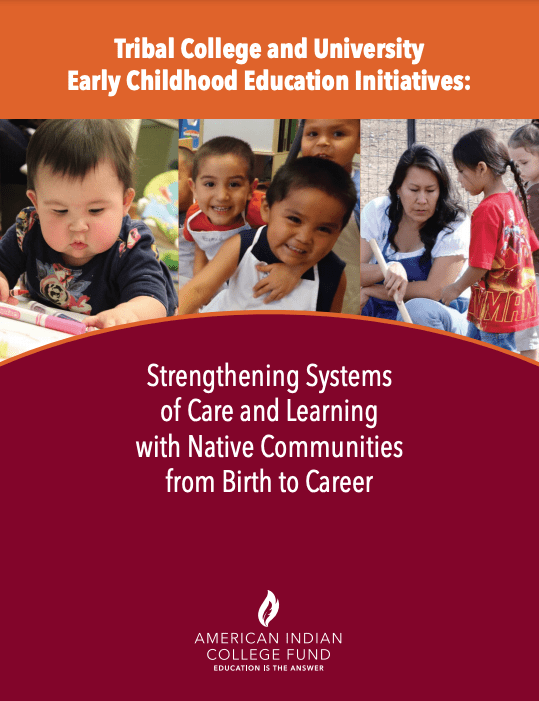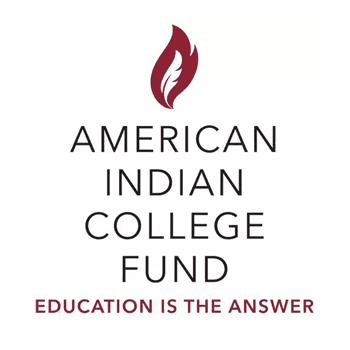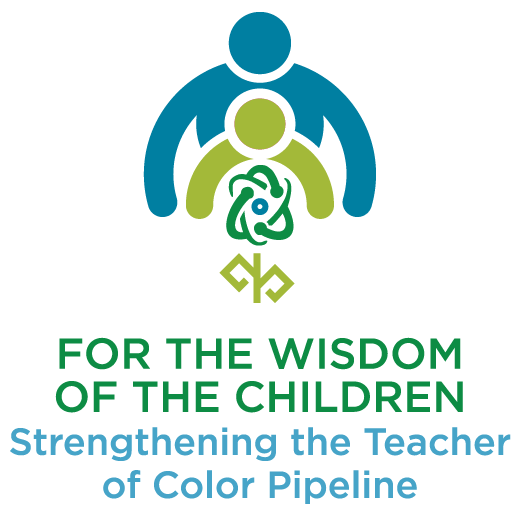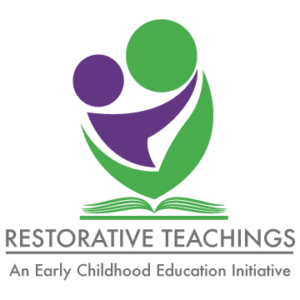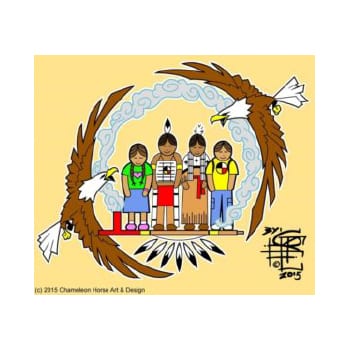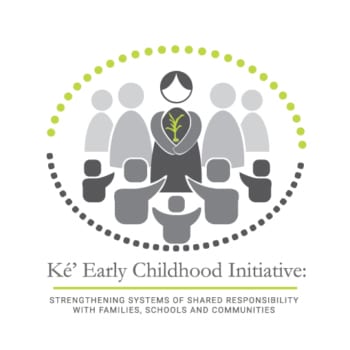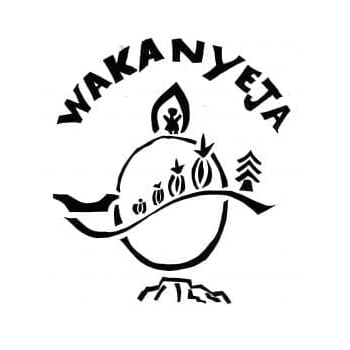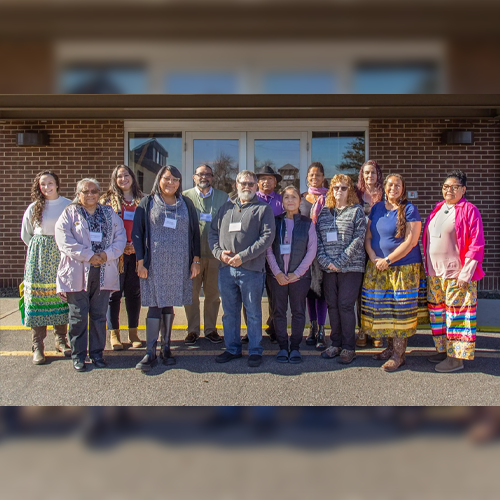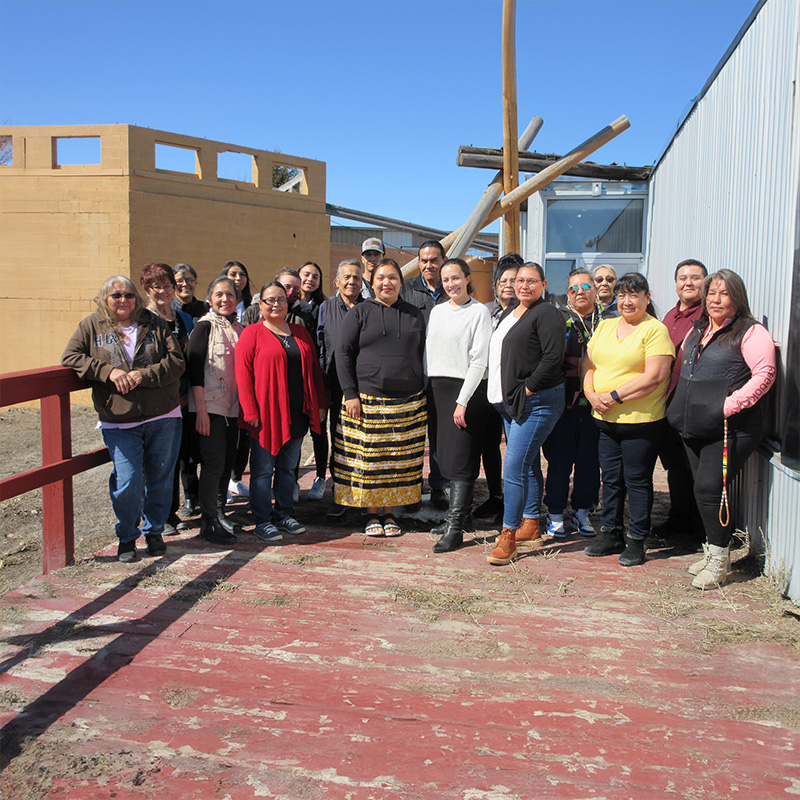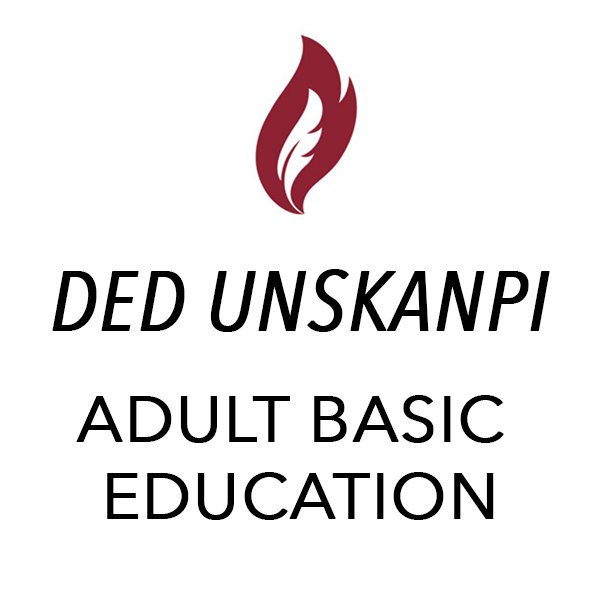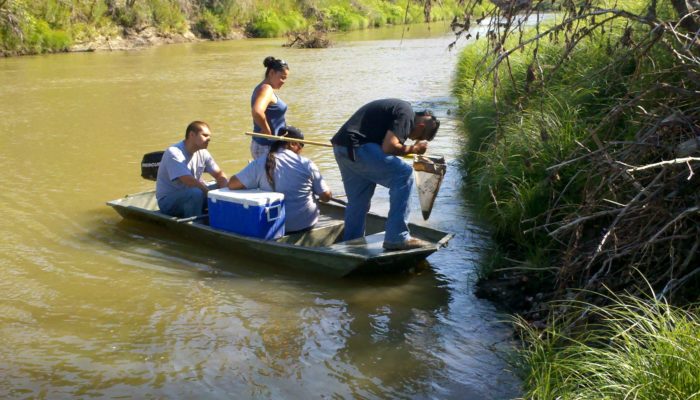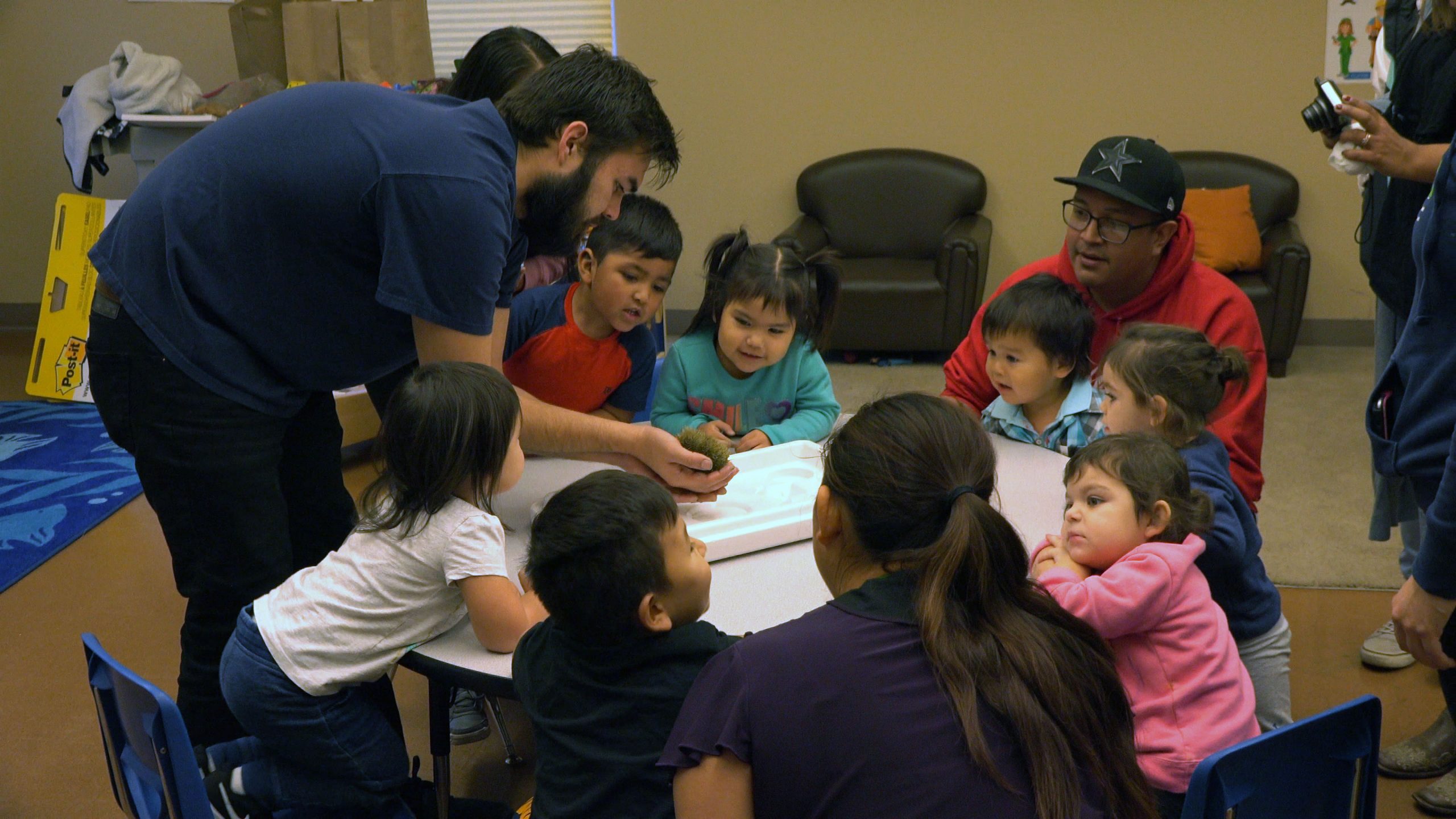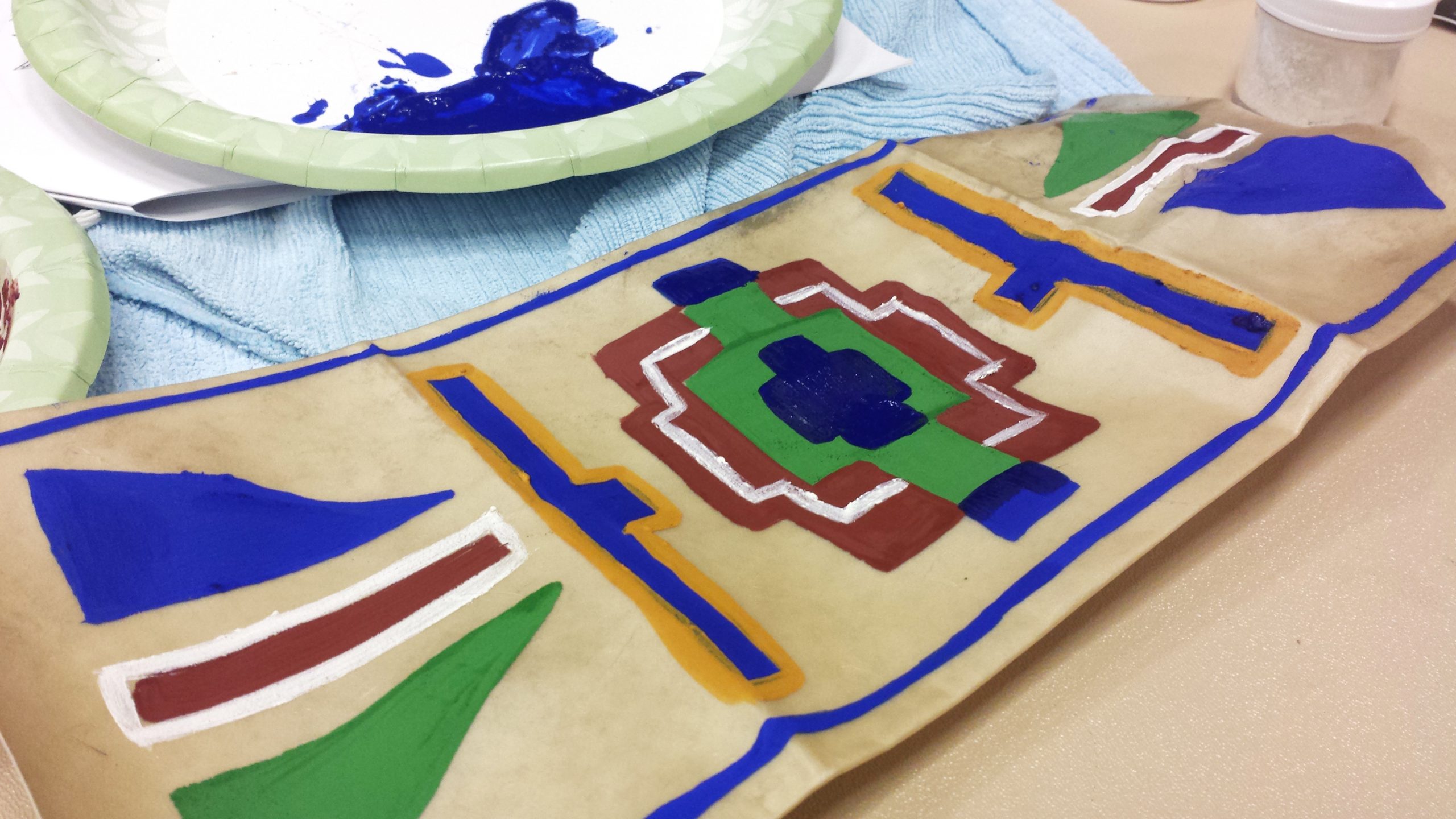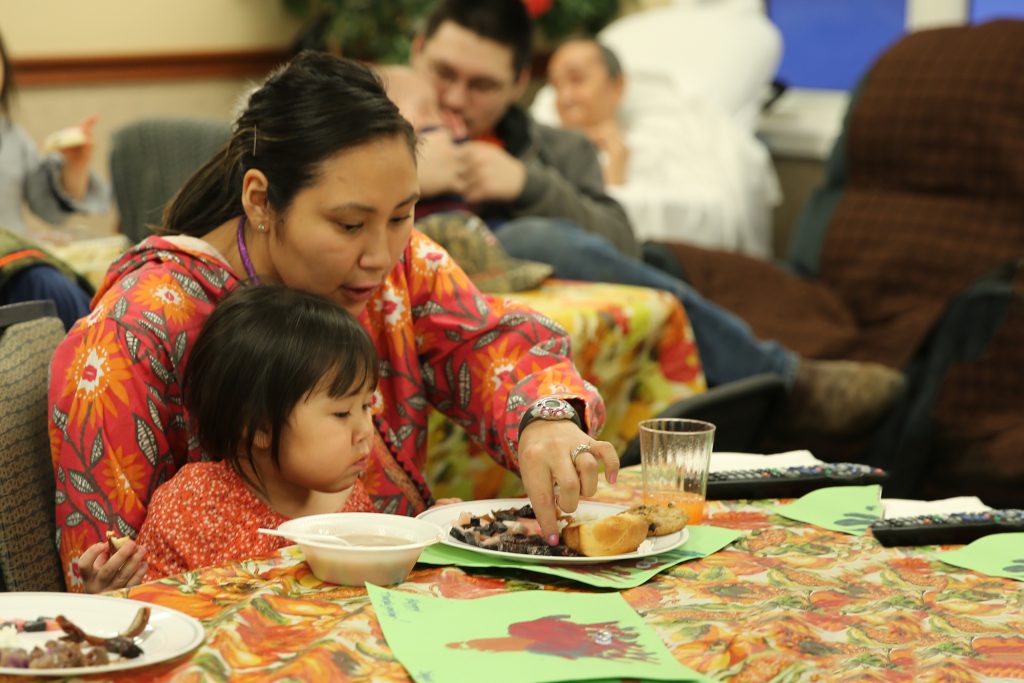Indigenous Education
Strengthening the education pathway from cradle to career
The College Fund recognizes that the success of one Native student impacts their whole family, extending to their community. From supporting students who will become the early childhood teachers nurturing our children, to uplifting adult learners pursuing their high school equivalency, to encouraging systemic changes that lead to more Native teachers in the classroom, we are building strong Indigenous education pathways.
Strengthening Systems of Care and Learning with Native Communities
The American Indian College Fund (College Fund), in collaboration with Tribal Colleges and Universities, engages in early childhood education (ECE) initiatives that draw upon child development knowledge from within Native communities melded with the best practices identified in the field of early childhood education.
Indigenous Early Childhood Education
Ihduwiyayapi: Advancing Indigenous Early Childhood Education
Active Program Dates: 2021 – 2029
The Ihduwiyayapi: Advancing Indigenous Early Childhood Education program partners with tribal colleges and universities (TCUs) to build the capacity of their early childhood education programs and improve teacher education through family and community outreach, enhanced child developmental pedagogy, pathways development, enhanced capacity, and engagement in national conversations about ECE best practices and lessons learned.
Strategic Planning and Building TCU ECE Family Engagement
Active Program Dates: 2020 – 2021
The Strategic Planning and Building TCU ECE Family Engagement program involved a $200,000 grant that supported 7 TCUs with family engagement during the COVID-19 pandemic, as well as supported the development of a strategic plan for the next 1, 4, and 7 years of the American Indian College Fund’s Indigenous Early Childhood Education (IECE) programming.
For the Wisdom of the Children: Strengthening the Teacher of Color Pipeline
Active Program Dates: 2018 – 2020
For the Wisdom of the Children: Strengthening the Teacher of Color Pipeline is the latest American Indian College Fund early childhood education (ECE) initiative thanks to a two-year, $1.5 million grant from the W.K. Kellogg Foundation.
Restorative Teachings Early Childhood Education Initiative
Active Program Dates: 2016 – 2018
The College Fund in collaboration with Tribal Colleges and Universities (TCUs), is implementing a $1.5 million dollar early childhood education (ECE) initiative that draws upon the child development knowledge from within Native communities melded with the best practices identified in the field of early childhood education.
Cultivating Lakota Early Childhood Learning Opportunities
Active Program Dates: 2015 – 2016
Partnering with Sitting Bull College the project seeks to develop a scope and sequence of a pre-K Lakota immersion language curriculum, improve family engagement strategies, create an early learning language immersion assessment system, and strengthen the knowledge and skill of Lakota immersion language teachers.
Ké’ Early Childhood Education Family Engagement Initiative
Active Program Dates: 2014 – 2015
The Ké’ Early Childhood Initiative (Ké’ ECE Initiative) supports tribal college grantees and their tribal and community partners in deepening their engagement with Native families in the education of their children, starting from birth to age 8.
Wakanyeja – Early Childhood Education Initiative
Active Program Dates: 2011 – 2016
The American Indian College Fund, through the Wakanyeja “Sacred Little Ones” – Tribal College Readiness and Success by Third Grade, is working to bring together tribal colleges, communities, educators, and families to address early learning disparities in Native communities.
Indigenous Teacher Education
Wounspekiya Unspewicakiyapi Nunpa Native Teacher Education Program
Active Program Dates: 2024 – 2027
The Wounspekiya Unspewicakiyapi Nunpa Native Teacher Education Program supports engagement with tribal college and university (TCU) partners to build the capacity of their Elementary and Secondary Teacher Education degree programs, facilitate the transition of students from the pre-Education work to becoming teacher candidates, as majors during the junior and senior years, and improve outcomes on licensing of teacher candidates.
Wounspekiya Unspewicakiyapi Native Teacher Education Pilot Program
Active Program Dates: 2022 – 2024
The Wounspekiya Unspewicakiyapi Native Teacher Education Pilot Program sought to address the teacher shortage in our Native communities through support for K-12 Native teacher recruitment, development, and retention by collaborating with tribal colleges and universities (TCUs) to increase students’ successful attainment of teacher certification and employment and to learn best practices and strategies for future programming.
Indigenous Adult Education
Native Students Stepping Forward: Dollar General High School Equivalency Completion Program
Active Program Dates: 2014 – Ongoing
The American Indian College Fund’s Native Students Stepping Forward: Dollar General High School Equivalency Completion Program aims to improve and support student and adult literacy in tribal communities by increasing the number of American Indians and Alaska Natives (AIAN) pursuing and achieving their General Education Diploma (GED) and/or High School Equivalency (HSE) credentials.
High School Equivalency Community Building Grant in Native Arts
Active Program Dates: 2022 – 2023
The High School Equivalency Community Building Grant in Native Arts was a pilot program that supported TCU grantee partners to incorporate Native culture into their high school equivalency (HSE) programming through implementation of Native Arts community workshops hosted by their HSE programs and students. The purpose of the program was to encourage HSE student and alumni engagement in community building and support the transfer of intergenerational knowledge and skill.
Ded Unskanpi Adult Basic Education Program
Active Program Dates: 2023 – 2024
The Ded Unskanpi Adult Basic Education Program seeks to address a critical gap in the education pathway for Native students. Adult Basic Education (ABE) is a foundational pathway, often bridging the gap between a student dropping out of high school and pursuing high school equivalency (HSE) certification.
Related Blogs
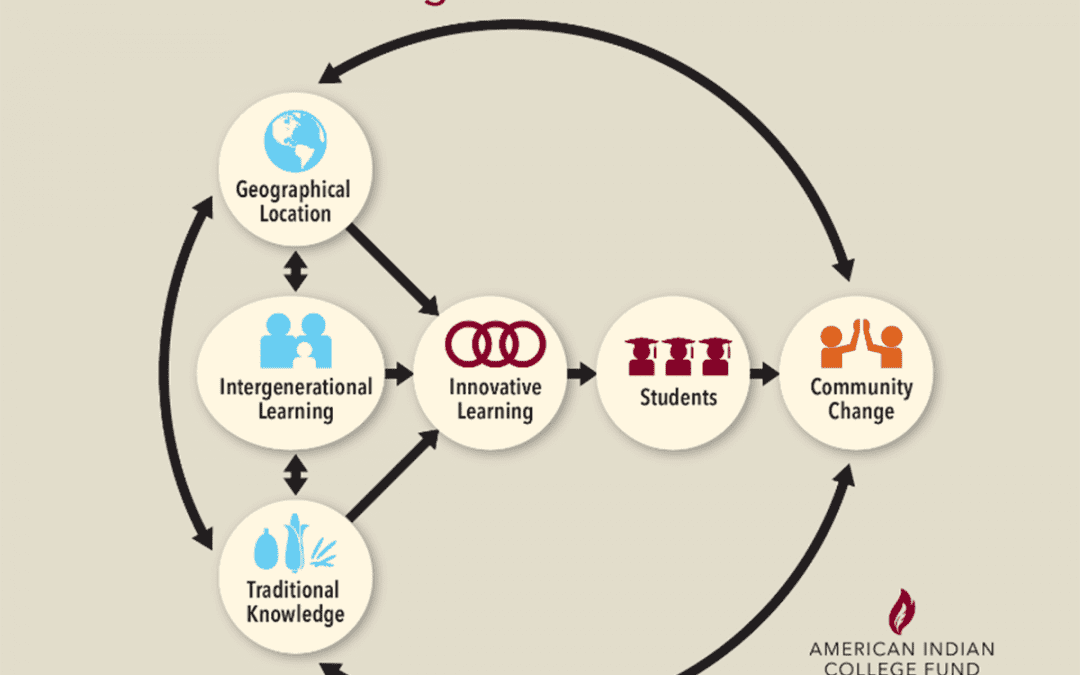
Place-Based Learning as a Framework for Building Native Student Success
This is a collaborative series developed by the College Fund’s Environmental Sustainability, Native Arts and Early Childhood Education program initiatives. This is the first blog of a six-part series focused on place-based education.
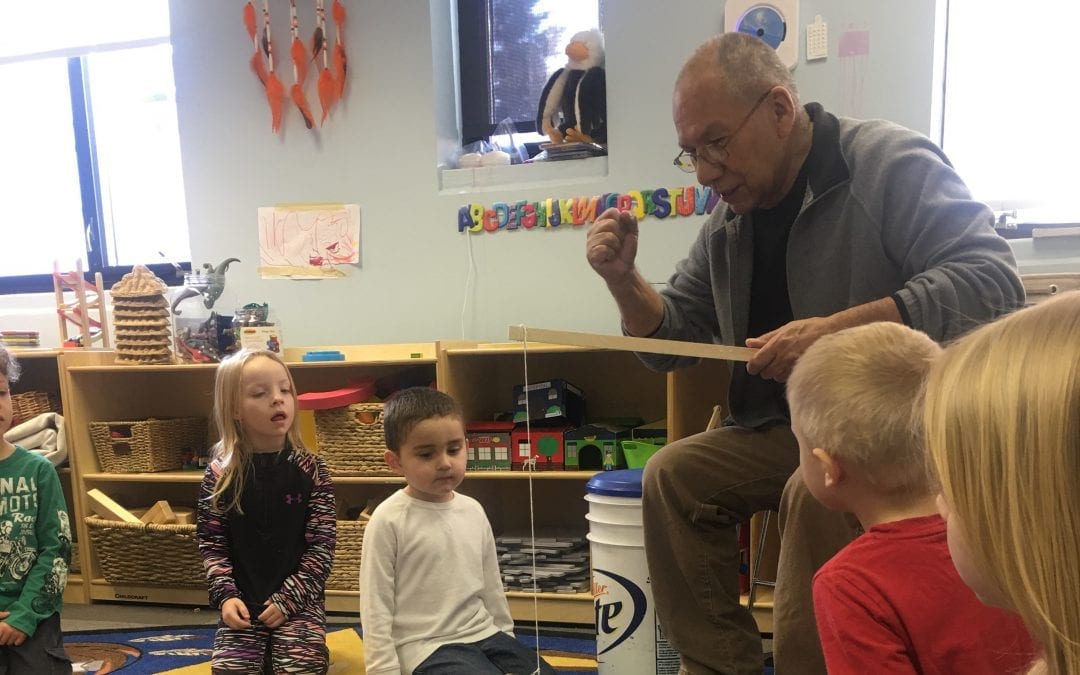
Restorative Teachings — Ojibwe Language, a Visual Canvas
I have always been interested in art and design since I was a young girl in high school. In fact, I dreamed of my career being in the realm of interior design. Initially, it did not feel like I ended up in that realm, but experience and my perspective has changed throughout the years.
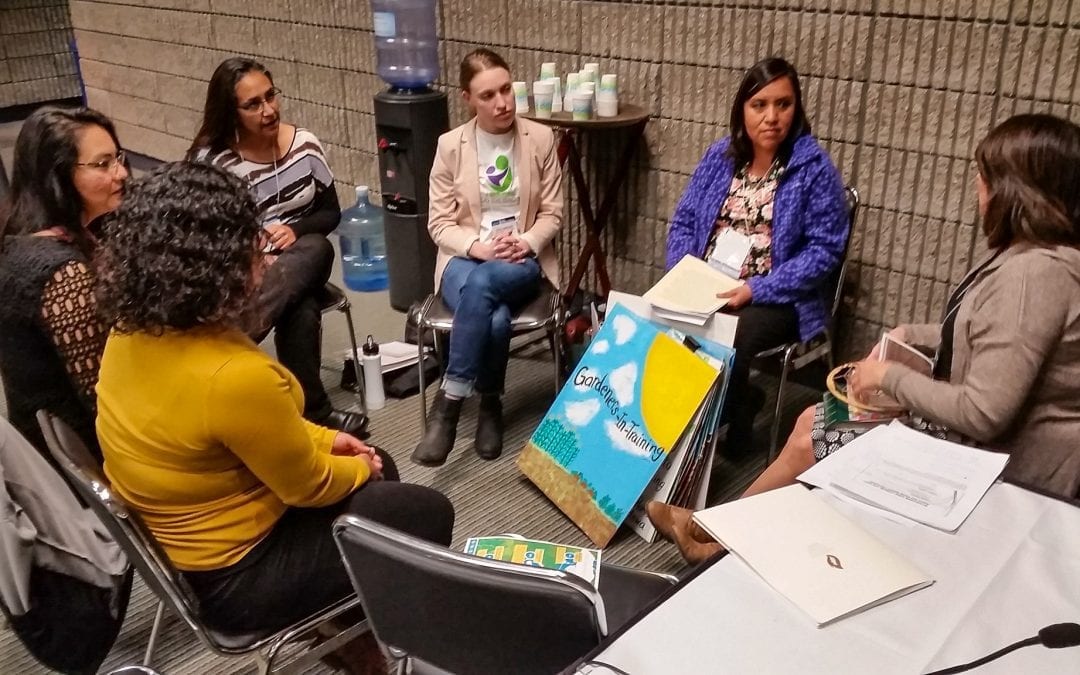
Expanding Culturally Relevant Knowledge through Early Childhood Conferences
Conferences can be a great place for early childhood educators, families, teachers in training, and researchers working with indigenous young children. They are a place to gather ideas and build professional development for use in the classroom.
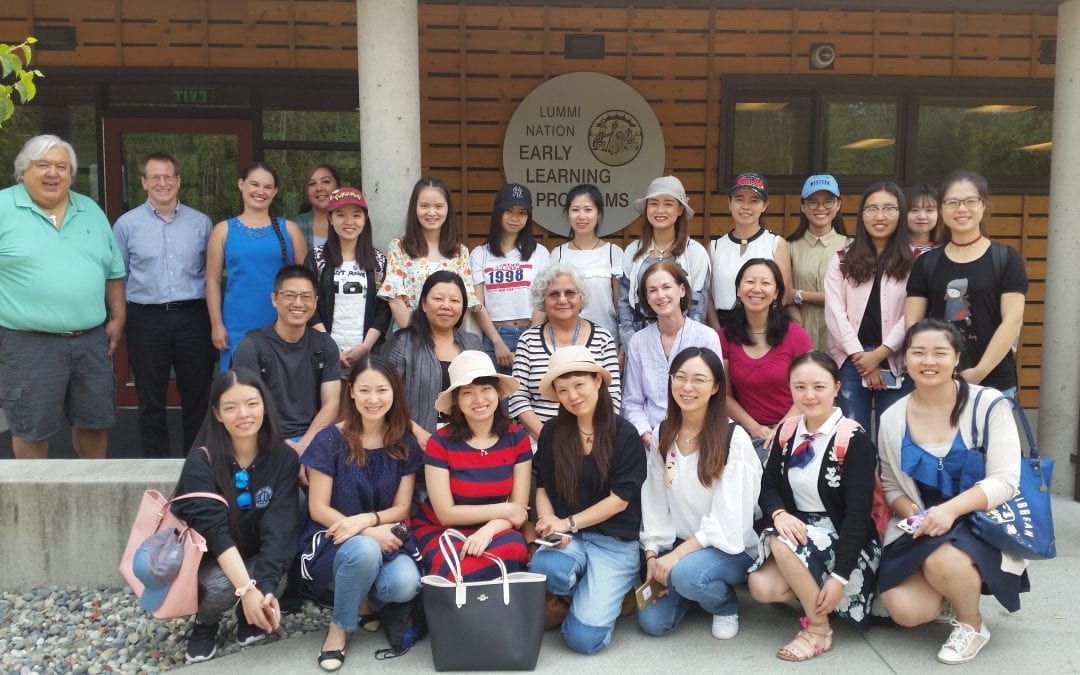
Hosting Early Childhood Educators from Southwest University in Chongqing, China
Northwest Indian College’s (NWIC) Early Childhood Education (ECE) degree program and Restorative Teachings Initiative hosted 20 visitors from Southwest University in Chongqing, China, which included ECE faculty and teacher candidates from Southwest University and practicing teachers from their partnering ECE programs.

